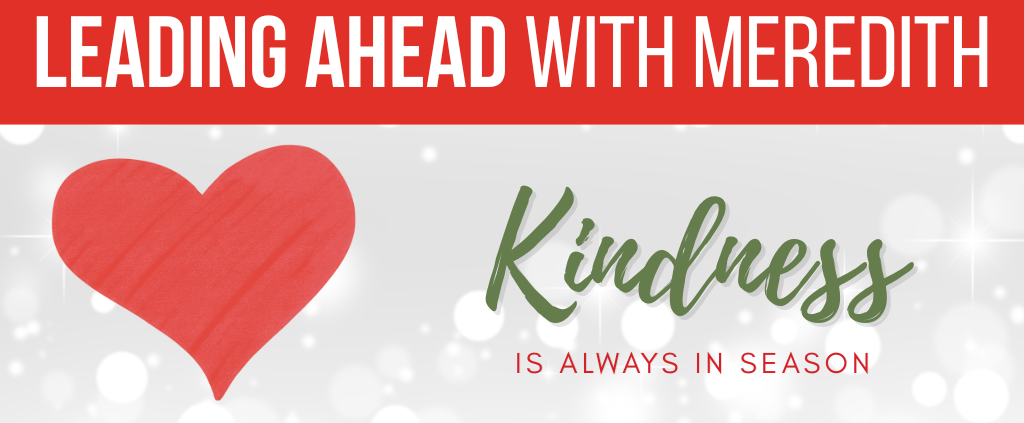Keynote speaker, Francie Broderick, addresses the crowd gathered at the Foodbank’s Agency Conference / Photo by Bethany Prange
Last Thursday, the St. Louis Area Foodbank hosted representatives from our 514 partner agencies at our Agency Conference. At this annual event, we offer informative sessions on topics such as working with legislators and agency best practices.
We hope to provide valuable and useful information to the volunteers and directors of our partner agencies, which include food pantries, soup kitchens, emergency shelters and senior centers in 26 counties throughout Missouri and Illinois.
While our agency relations staff maintains constant contact with our partner agencies throughout the year, the conference is our chance to thank the men and women on the front lines of hunger relief in our community. It is also an opportunity to share changes in legislation, procedures and policy.
In addition to USDA training, food stamp (SNAP) information and food distribution policies, the Foodbank hosted general information sessions on topics such as social media strategies and fundraising.
1. Influence legislators by inviting them to your organization’s events, where they can see their constituents face to face. (Tracy Smith, state director of Feeding Illinois)
2. Clearly display your organization’s name and hours of operation on the exterior of the building. This way, volunteers, donors and clients seeking assistance can easily find you.
3. The Irish Potato Famine of 1847 wasn’t really a famine. Though a crop-devastating fungus certainly played a role, the 1847 Famine – much like modern-day hunger issues – was exacerbated by several solvable problems: a troubled landholdings system; unfair government policies for the poor; and a delayed government response. (Francie Broderick, keynote speaker and retired executive director of Places for People)
4. If you have limited time and resources and can do only one thing with social media, maintain a blog. (Chris Reimer, @RizzoTees, vice president of social media at Falk Harrison)
5. The Supplemental Nutrition Assistance Program (SNAP), also known as food stamps, is an invaluable resource for those struggling with hunger. But they also stimulate the local economy. (Melanie Hickcox, SNAP Project Manager, Missouri Food Bank Association)
6. Retiring pastors are looking for volunteer opportunities; they can be a huge asset at a nonprofit organization.
7. When submitting a grant application, it’s always a good idea to send a handwritten thank you note, regardless of whether your agency was funded. This gracious gesture sets you apart from other nonprofits. (Jane Corpora, grantwriter at the St. Louis Area Foodbank)
8. You wouldn’t let your business phone ring without answering it, so don’t be unresponsive on social media either. Respond promptly to those who contact you via your website, blog, Facebook or Twitter. (Chris Reimer, @RizzoTees, vice president of social media at Falk Harrison)
9. The Farm Bill, which is up for re-authorization in 2012, has a tremendous impact on funding for emergency food assistance programs.
10. In order to make effective social changes on issues such as hunger relief, we need government policies to work in conjunction with the efforts of nonprofit organizations. (Francie Broderick, retired executive director, Places for People)
BONUS LESSON – Pappy’s Smokehouse caters one terrific lunch and gooey butter cookies from Schnucks are delicious!
 Bethany Prange is the communications coordinator at the St. Louis Area Foodbank
Bethany Prange is the communications coordinator at the St. Louis Area Foodbank


